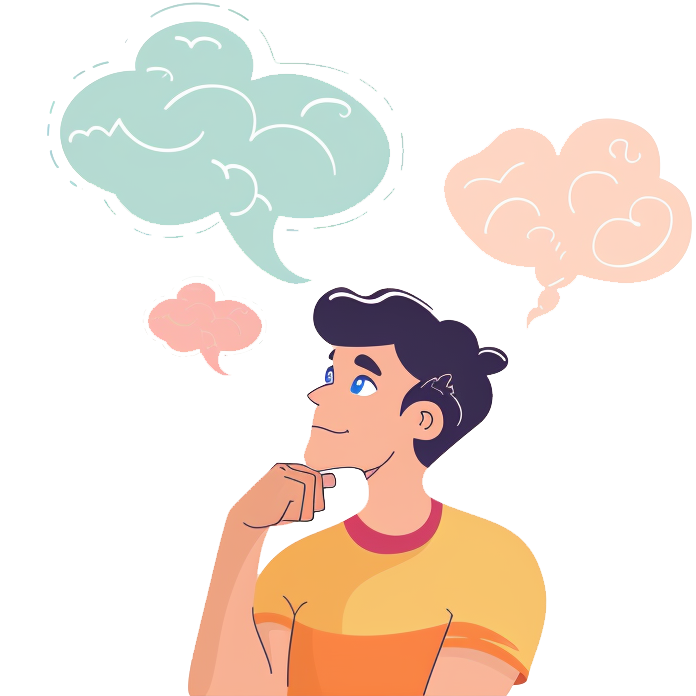Understand holistic development of children and young people from 0-18 years of age
Malika is 6 years old and travelled to this country with her mother, Lina, as a refugee fleeing a dangerous conflict in their home country.
 They are both living with an aunt who moved to the UK years ago and by all accounts, it is a safe and happy home in a nice area with access to green spaces, good schools, and well-funded support services. She seems to be a happy ‘normal’ child and settling in well in her new home, but her mother is worried about how this experience will affect her when she’s older and more able to process what happened to them. Lina also worries about her speech, language, and communication development as Malika does not speak English fluently.
They are both living with an aunt who moved to the UK years ago and by all accounts, it is a safe and happy home in a nice area with access to green spaces, good schools, and well-funded support services. She seems to be a happy ‘normal’ child and settling in well in her new home, but her mother is worried about how this experience will affect her when she’s older and more able to process what happened to them. Lina also worries about her speech, language, and communication development as Malika does not speak English fluently. - Do you think this Adverse Childhood Experience (ACE) could affect Malika’s development?
- Can English as an Additional Language (EAL) affect child development?
- Do you think the supportive home environment she has now will help, or hinder, her as she grows up?
It is rare that there is just one way to respond to a scenario or situation, so do not consider that the responses you have to the above scenario will be judged as right or wrong. Share your scenario with a work colleague or friend and ask them to tell you whether they think you have responded appropriately. Ask them to challenge your response if necessary. You do not need to submit this task for assessment unless asked to do so by your assessor.
